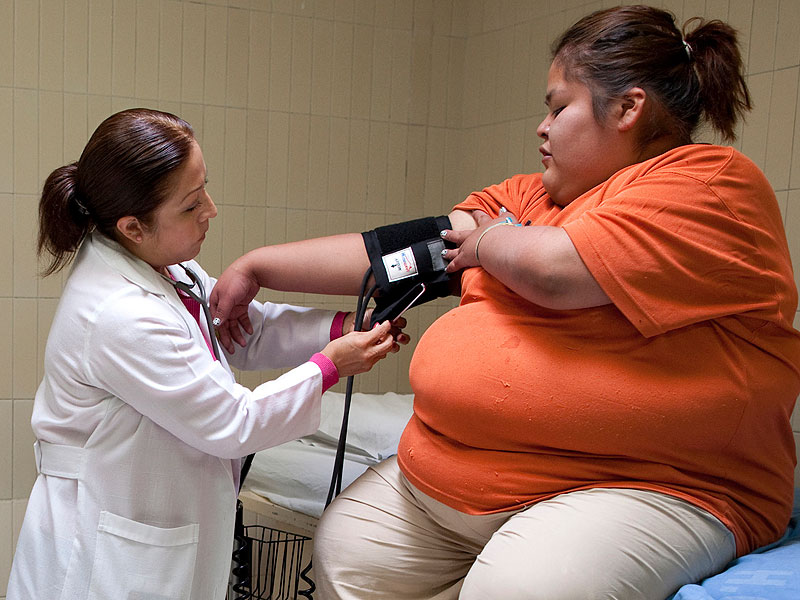

Physio Jonny can work in the prevention and management of obesity. Obesity leads to restrictions in movement, affecting engagement in physical activity. Along with a holistic, patient-centred, and problem solving approach, Physio Jonny has advanced knowledge and skills in:
Anatomical, physiological, and psychosocial mechanisms of health and disease
Assessment and diagnosis
Behaviour change
Biomechanics
Exercise prescription and therapeutic exercise
Management of long-term conditions
While the importance of being physically active is well recognised, in reality patients often experience difficulties in doing so. Physio Jonny recognises it is important to facilitate patients to increase physical activity at the right level. An assessment and treatment plan from a physiotherapist will help overcome the barriers to exercise. A treatment plan for an obese patient may comprise of:
Provision of personalised lifestyle advice, taking into account individual attitudes, beliefs, circumstances, cultural and social preferences, and readiness to change
Prescription, supervision, and progression of appropriate physical activity to increase muscle strength, flexibility, and endurance, and sustain energy output to enhance and maintain weight loss under safe and controlled conditions
Management of associated conditions such as arthritis, back pain, and other musculoskeletal and chronic conditions, such as heart disease
Co-ordination of comprehensive and sustainable programmes of management in collaboration with service users, other health and social care professionals, and community services.
Obese children, like adults, often present with a number of musculoskeletal signs and symptoms that may limit their time spent in physical activity. Being obese is detrimental to gross motor skill performance, for example in upper and lower limb coordination, balance, running speed and agility, and strength. These differences become more pronounced as children get older, suggesting the need for early focus on motor skill development to encourage overweight and obese children to be physically active. Physiotherapy-led exercise classes are effective in significantly improving motor skills, activity levels, BMI, and other anthropometry in children.
Common Bariatric Surgeries are Gastric Band, Gastric Sleeve and Gastric Bypass.There is mounting evidence to demonstrate that physical activity can improve weight loss and other outcomes following bariatric surgery. It is consistently seen as the most important predictor of long-term weight loss maintenance. Most preoperative patients are insufficiently active, and without support, fail to make substantial increases in their physical activity postoperatively. Physio Jonny can help with the social, physical, and mental barriers preventing physically activity that often happen post surgery to increase physical activity. In particular, patients with pain, balance, gait or other physical or sensory deficits would benefit from physiotherapy.
Evidence-based treatment includes:
Assessment of the individual’s medical history
Evaluation of current physical activity level
Provision of an individualised physical activity program
Gradual progression of a physical activity program
Prescription of a cardiovascular training program
Prescription of resistance exercises
Prescription of moderate-intensity physical activity, 30 min per day, 3–5 days per week
Calculation of body mass index.
Copyright © Physio Jonny 2025. All rights reserved.